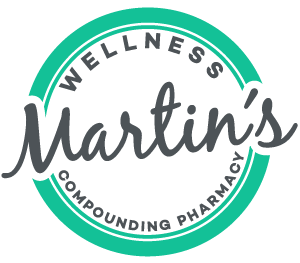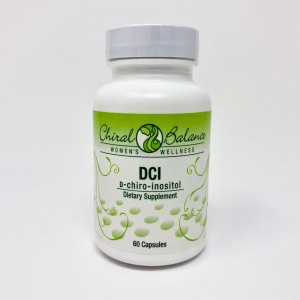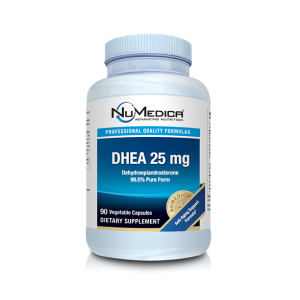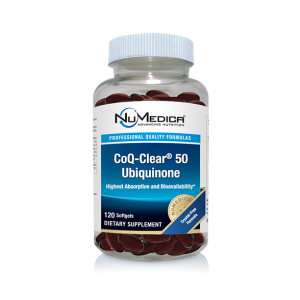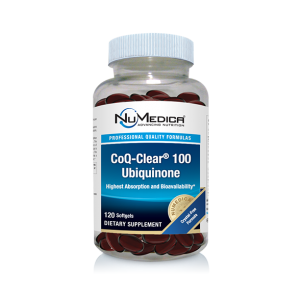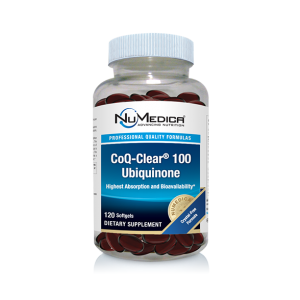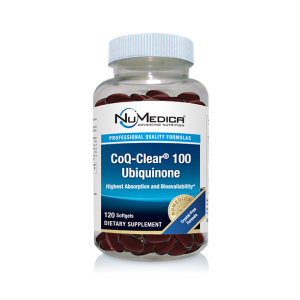Harnessing the Power of D-Chiro-Inositol for PCOS and Metabolic Syndrome
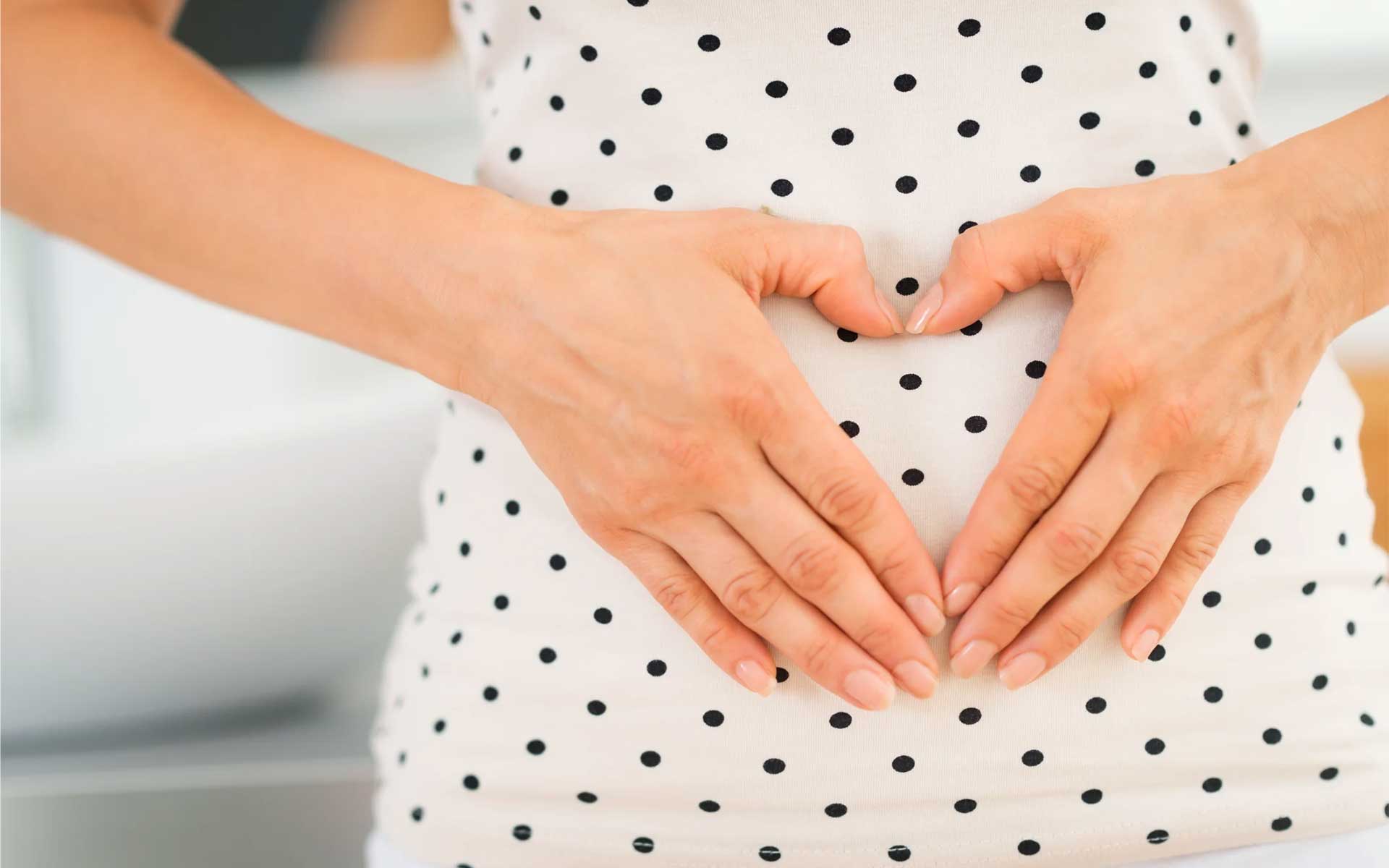
Today we want to take time to talk about DCI (D-Chiro-Inositol) and its benefits to your wellbeing. If you struggle with insulin resistance, infertility, over production of testosterone, or even mood disorders, DCI may help.
We’re going to dedicate two blogs on the topic, so you can know more about how and why DCI is beneficial for those with Polycystic Ovarian Syndrome (PCOS) or Metabolic Syndrome.
Myo Inositol & D-chiro-inositol
When insulin binds to its receptor on the cell, it “unlocks” and releases secondary messengers. There are two insulin mediators, or messenger molecules - myo inositol (MI) and D-chiro-inositol (DCI). They let the cell know when it needs to respond to insulin.
Inositol-Phospho-Glycan (IPG)
Inositol-phospho-glycan (IPG) cleaves to either myo inositol or D-chiro-inositol. DC-IPG (D-chiro-inositol + IPG) signals to the cell to either burn or store sugar. While myo-IPG (myo inositol + IPG) signals to produce testosterone.
So, when DC-IPG signals the cell to either burn or store sugar, the sugar gets used and insulin is reduced, which triggers myo-IPG to stop producing testosterone.
What is PCOS (Polycystic Ovary Syndrome)?
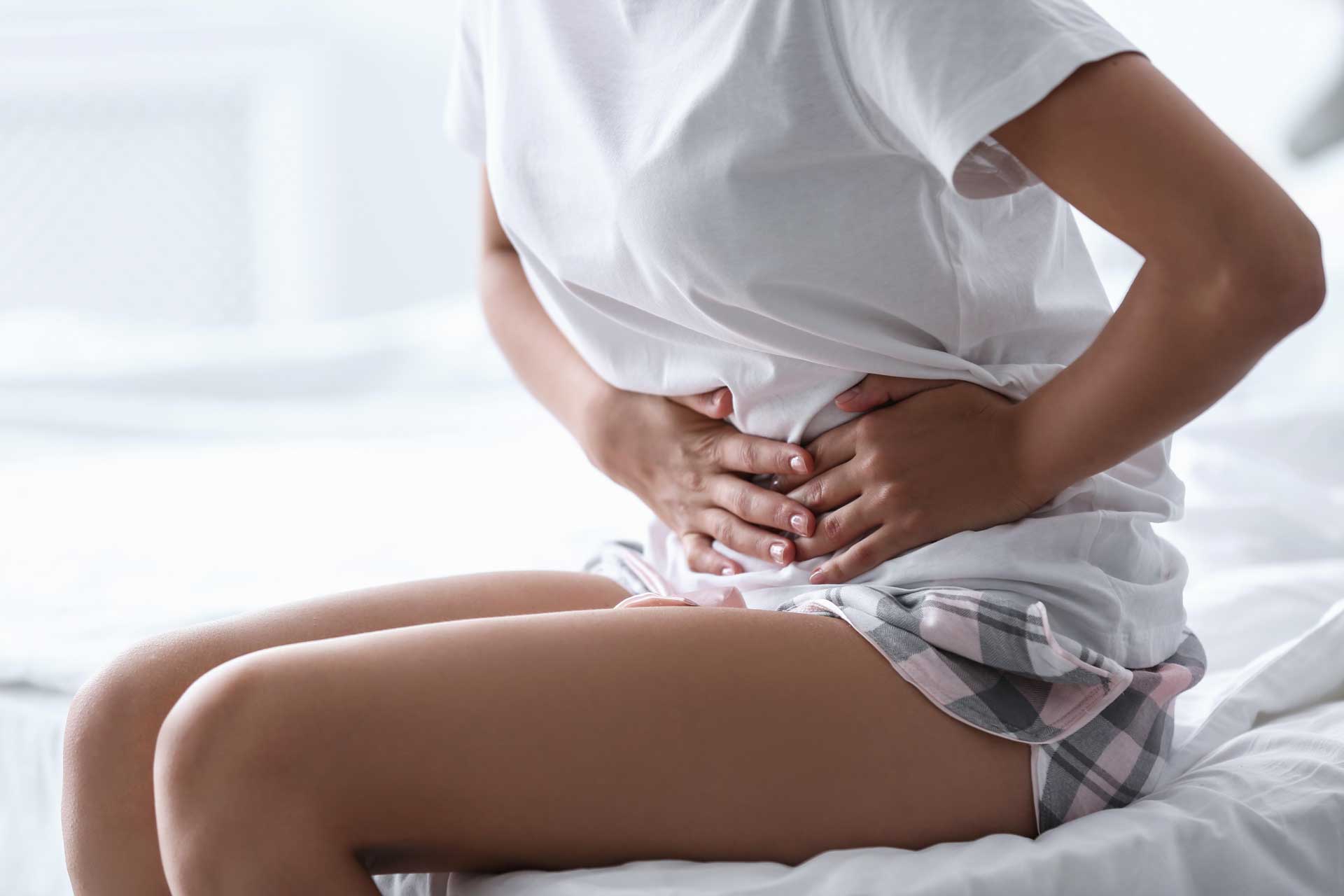

Some people genetically cannot produce enough DC-IPG. Without enough DC-IPG telling the cells to dispose of sugar, it in turn keeps insulin high (AKA insulin resistance), which doesn’t trigger myo-IPG to stop producing testosterone, keeping it high as well.
Women with Polycystic Ovarian Syndrome (PCOS) generally have elevated testosterone due to the body’s inability to convert to DC-IPG.
A special note to you guys out there: this is only referring to testosterone secreted by the “theca” cells in the ovary not the testes, so, DCI will not affect your testosterone secretion.
Other DCI Benefits
Besides helping PCOS, inositol has many important benefits. Studies have shown that it reduces triglyceride levels, increases “good” HDL cholesterol, and decreases blood pressure.
Inositol may also reduce the risk of type 2 diabetes and gestational diabetes, and it may improve the risk factors of metabolic syndrome. Infertility may be caused by hormonal imbalances. DCI has been shown to normalize menstrual cycles and help restore ovulation.
Another beneficial factor about inositol is its ability to function as a secondary messenger for serotonin and dopamine. These neurotransmitters send signals back and forth between the brain and other systems in the body. Low levels of inositol may disrupt this signaling, possibly resulting in mood disorders and impaired mental health.
So just to recap, research finds DCI has been shown to:
- • Increase cellular insulin sensitivity
- • Increase fertility
- • Improve ovulation frequency by 300%
- • Increase low progesterone levels
- • Reduce serum insulin levels
- • Reduce raised serum androgens (testosterone) both free and total
- • Reduce glycosylated hemoglobin (HbA1c) an indicator of long term sugar levels
- • Reduce plasma triglyceride levels (the amount of fat in your blood)
- • Reduce (bad) LDL cholesterol
- • Increase (good) HDL cholesterol
- • Reduce raised blood pressure, both systolic and diastolic
Reducing PCOS Symptoms
PCOS treatment is complicated. Since there are many ways PCOS can develop, each case is different. Woman with PCOS due to insulin resistance issues, may benefit from a DCI supplement. We recommend D-Chiro-Inositol by Chiral Balance.
*Consult a Martin’s Wellness Pharmacist for more information about this product.
But wait that’s not all! See what else DCI is good for in Part 2.
Best of Health!
-Radhia Gleis
Radhia Gleis, PhD, Med, CCN, is a certified Clinical Nutritionist/Holistic Practitioner, Wellness Director for Martins Compounding & Wellness Pharmacies with three locations in the Austin area.
